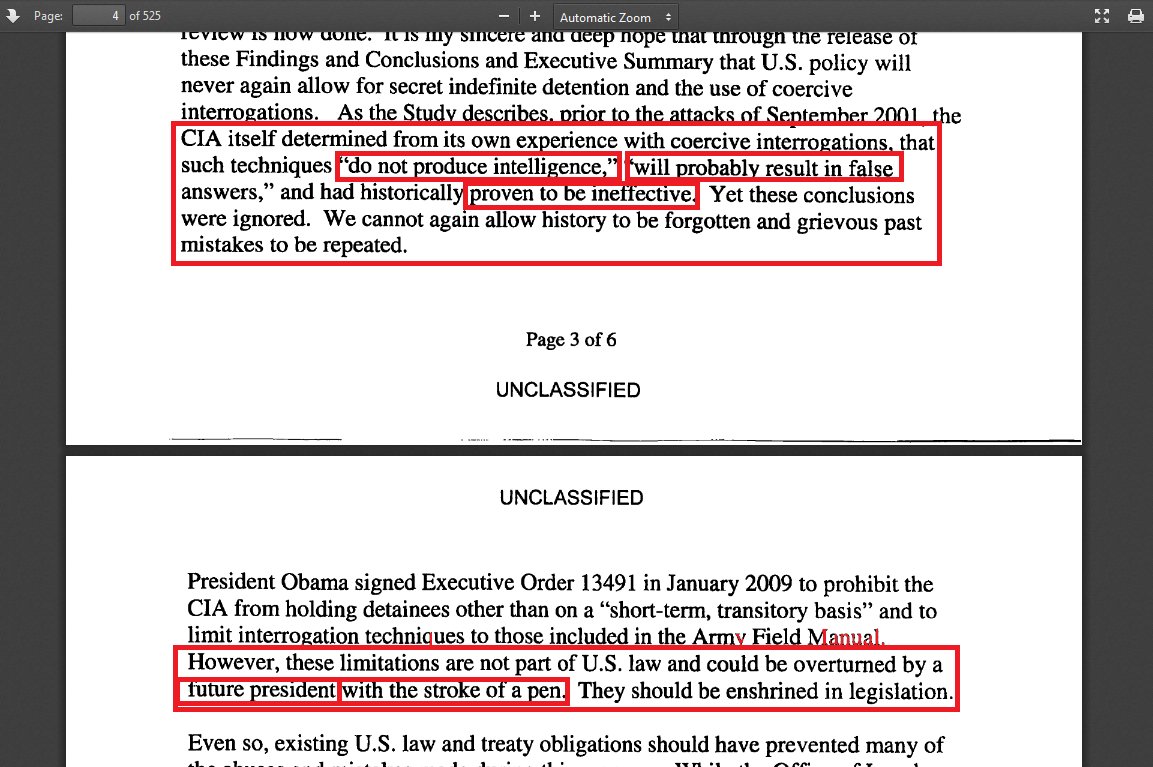In this scenario our self-sovereign hodler, Hal, sees a 50% appreciation in his initial investment of 2.5 BTC, or $10,000 in USD, netting himself a tidy $5,000 pre-tax fiat profit without any counter-party risk.
Our BlockFi investor, Mark, sees the same price appreciation as Hal, but also gets a 6.2% return in BTC. At year-end, Mark has 2.655 BTC worth $15,930, a gain of $5,000 from price appreciation and $930 from interest ($585.90 after tax).


